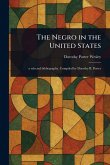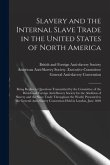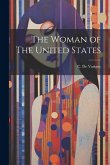This monograph investigates the nature of the resistance within the United States Army to the inclusion of homosexuals into the wider force and the preparation necessary at the macro level for potential social change should Congress repeal US Code Title 10, Subtitle G, §654 (also known as, "Don't Ask, Don't Tell"). Understanding the historical nature of masculinity, manliness, and the ideals of the citizen-soldier coupled with keen observation of the actions taken by the armed forces of the United Kingdom, Canada, and Australia during their respective transitions to the acceptance of homosexuals in their armed forces, enables the United States Army to develop effective courses of action in order to prepare for the social challenges it will face. Effective leadership, implementation of guiding principles for transition and an adapted Code of Social Conduct are paramount to ensuring fair and equitable management of social change for both heterosexual and homosexual soldiers alike. This work has been selected by scholars as being culturally important, and is part of the knowledge base of civilization as we know it. This work was reproduced from the original artifact, and remains as true to the original work as possible. Therefore, you will see the original copyright references, library stamps (as most of these works have been housed in our most important libraries around the world), and other notations in the work. This work is in the public domain in the United States of America, and possibly other nations. Within the United States, you may freely copy and distribute this work, as no entity (individual or corporate) has a copyright on the body of the work. As a reproduction of a historical artifact, this work may contain missing or blurred pages, poor pictures, errant marks, etc. Scholars believe, and we concur, that this work is important enough to be preserved, reproduced, and made generally available to the public. We appreciate your support of the preservation process, and thank you for being an important part of keeping this knowledge alive and relevant.
Bitte wählen Sie Ihr Anliegen aus.
Rechnungen
Retourenschein anfordern
Bestellstatus
Storno








